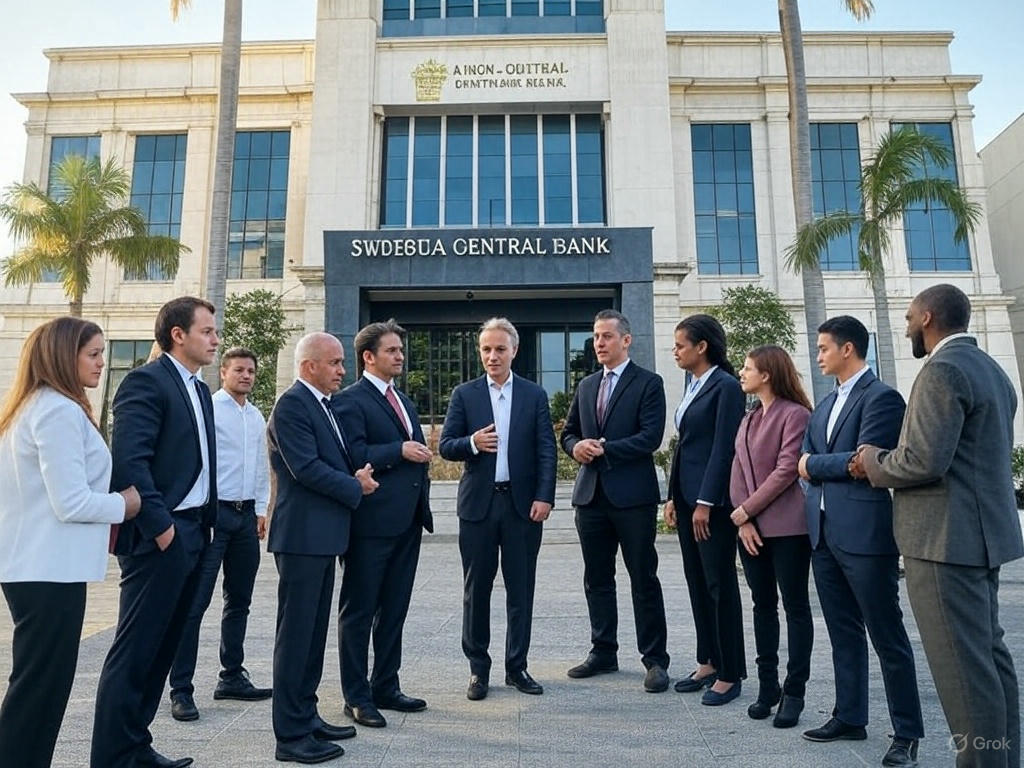The International Monetary Fund’s Executive Board has wrapped up its 2024 Article IV consultation with Thailand, endorsing the staff’s appraisal on a lapse‐of‐time basis without convening an in-person meeting.
The assessment finds that while Thailand’s economy is gradually recovering, its pace remains subdued compared to many regional peers. In 2023, economic activity expanded by 1.9 percent, with the first three quarters of 2024 showing a modest improvement of 2.3 percent. This growth has largely been driven by a rebound in tourism and a rise in private consumption, although delayed public investment due to slower budget implementation has held back broader momentum.

Staff welcomes the BOT’s decision to cut the policy rate in October and recommends a further reduction in the policy rate to support inflation and also translate into improvements in borrowers’ debt-servicing capacity with limited risk of additional leverage amid tight lending. Given remaining high uncertainty in the outlook, the authorities should stand ready to adjust their monetary policy stance in a data and outlook-dependent manner. Central bank independence with clear communication of policy moves is key to maintaining the credibility and effectiveness of monetary policy in anchoring inflation expectations.
Inflation has stayed well below the Bank of Thailand’s target, averaging just 0.4 percent in 2024. Both external influences—such as declining global energy and food prices—and domestic policies including energy subsidies and price controls have contributed to this low-inflation environment. In addition, Thailand’s current account, which swung from a deficit of 3.5 percent of GDP in 2022 to a surplus of 1.4 percent in 2023, has benefited from revived tourist arrivals and improved export performance.
Looking ahead, the IMF projects real GDP to grow by 2.7 percent in 2024 and 2.9 percent in 2025. These projections rest on an expansionary fiscal stance outlined in the 2025 budget, which features additional cash transfers equivalent to 1.0 percent of GDP and an anticipated rebound in public investment. However, as growth firms up, the IMF warns that inflation is expected to rise moderately but should remain within the lower half of the central bank’s target range.
Despite these positive signals, significant downside risks loom. Externally, rising global trade tensions, commodity price volatility, and regional conflicts could derail export recovery and dampen foreign direct investment. Domestically, persistent structural weaknesses, high levels of private sector debt, and political uncertainty could further impede economic momentum.
To address these challenges, the IMF staff recommends a strategic rebalancing of fiscal policy. As the economy narrows its output gap, officials suggest that policymakers focus on rebuilding fiscal buffers—either by scaling back the pace of expansionary fiscal measures or by redirecting part of the planned cash transfers into productivity-enhancing investments and social protection. A shift toward revenue-based fiscal consolidation starting in FY26 is also advised to lower public debt and restore fiscal space.
On monetary policy, the IMF welcomed the recent decision by the Bank of Thailand to cut the policy rate in October and indicated that further reductions might be beneficial to support inflation and improve borrowers’ debt-servicing capacity. The Board stressed the importance of remaining flexible and data-driven given ongoing uncertainties, with an emphasis on maintaining central bank independence and clear policy communication.
In addition, the IMF called for a broad array of structural reforms aimed at boosting long-term productivity and competitiveness. These reforms include enhancing competition, upgrading infrastructure and digital capabilities, and improving governance. Strengthening the fiscal framework—such as refining fiscal rules and better accounting for quasi-fiscal operations—was also highlighted as key to preserving policy space and ensuring sustainable growth.
Overall, while Thailand’s recovery trajectory is positive, the IMF underscored that enduring external shocks and domestic structural challenges necessitate continued vigilance and proactive policy adjustments.




